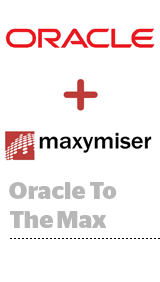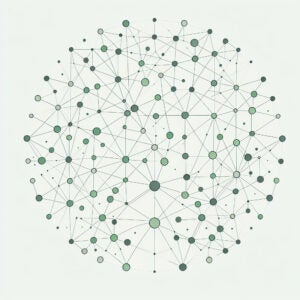 The marketing cloud arms race has given birth to some truly massive acquisitions over the years. Oracle’s Thursday acquisition of Maxymiser is not one of them.
The marketing cloud arms race has given birth to some truly massive acquisitions over the years. Oracle’s Thursday acquisition of Maxymiser is not one of them.
But that doesn’t mean it wasn’t a smart move, said Rebecca Lieb, an independent analyst most recently at Altimeter Group before its acquisition by Prophet in June.
“It’s a solid company that’s been around for a long time and it has a strong reputation and a strong client list, which is always something an acquiring company can try and leverage,” Lieb said.
Founded in 2006, Maxymiser’s bread and butter is its A/B testing and website personalization technology. Clients include Forever 21, Lacoste, easyjet, HSBA and Lufthansa.
Although the deal price was not disclosed – Oracle also declined to comment – it’s clear the Maxymiser buy is nowhere near as big as some of its past purchases, including Eloqua, Responsys, Datalogix and BlueKai.
But multivariate testing is something that Oracle needs if it wants to “systematically use customer data and data science to discover and deliver the experience customers want online,” wrote Kevin Akeroyd, GM and SVP of Oracle Marketing Cloud, in a letter to Oracle’s customers and partners about the Maxymiser deal.
According to Forrester principal analyst Rusty Warner, Maxymiser provides Oracle with functionality that’s currently missing within its existing marketing cloud portfolio – functionality that Adobe already has through its Target application, Salesforce has through Web Personalization and IBM has within its marketing solutions suite.
There’s a growing industry trend around using multivariate testing to execute personalization.
“We’re quickly moving in the direction of continuous optimization,” Warner said. “In a real-time, digital world, everything a brand publishes becomes a test.”
But the marketing cloud arms race between Oracle, Adobe, Salesforce and, to a lesser extent, IBM is also a test – a test of endurance.
“This cohort of giant technology companies are all trying to add to their marketing stack,” Lieb said. “Each is trying to be dominant, but they all have different areas of strength and core competencies. Salesforce has been about CRM, Adobe has always been about ‘creative,’ in air quotes, and Oracle has been about enterprise technology.”
In Lieb’s view, Maxymiser will serve as a particular complement to Oracle’s targeting capabilities via Eloqua, as well as Oracle’s new Commerce Cloud. Oracle finished rolling out its SaaS cloud-based ecommerce application in June, which includes a recommendation engine, SEO tools, reporting and a storefront builder.
“Which page responds? Which offer responds? Obviously anyone doing ecommerce is going to want to have that information,” Lieb said. “A/B testing is a big component of commerce primarily used by direct marketers, and Maxymiser fits in well here.”
Oracle made an appearance as a strong performer in Forrester’s July Wave on real-time interaction management. Warner, who coauthored the report, noted that Oracle’s inclusion was largely due to its decision management tech and the partnerships that the Oracle Marketing Cloud team has forged with personalization and recommendation vendors.
“Oracle has now taken a big step in adding real-time interaction management functionality into its marketing cloud portfolio,” he said.
Adobe, Salesforce and IBM were also strong performers in the report. The struggle for marketing cloud dominance continues.
“It’s going to be titans with their gloves on for a long while to come,” Lieb said. “It’s a hard race to win and an acquisition doesn’t mean that you own an area. You also need to integrate, and that’s really hard.”
Oracle aims to integrate Maxymiser’s tech into the Oracle Marketing Cloud, although details on timing were not forthcoming.












